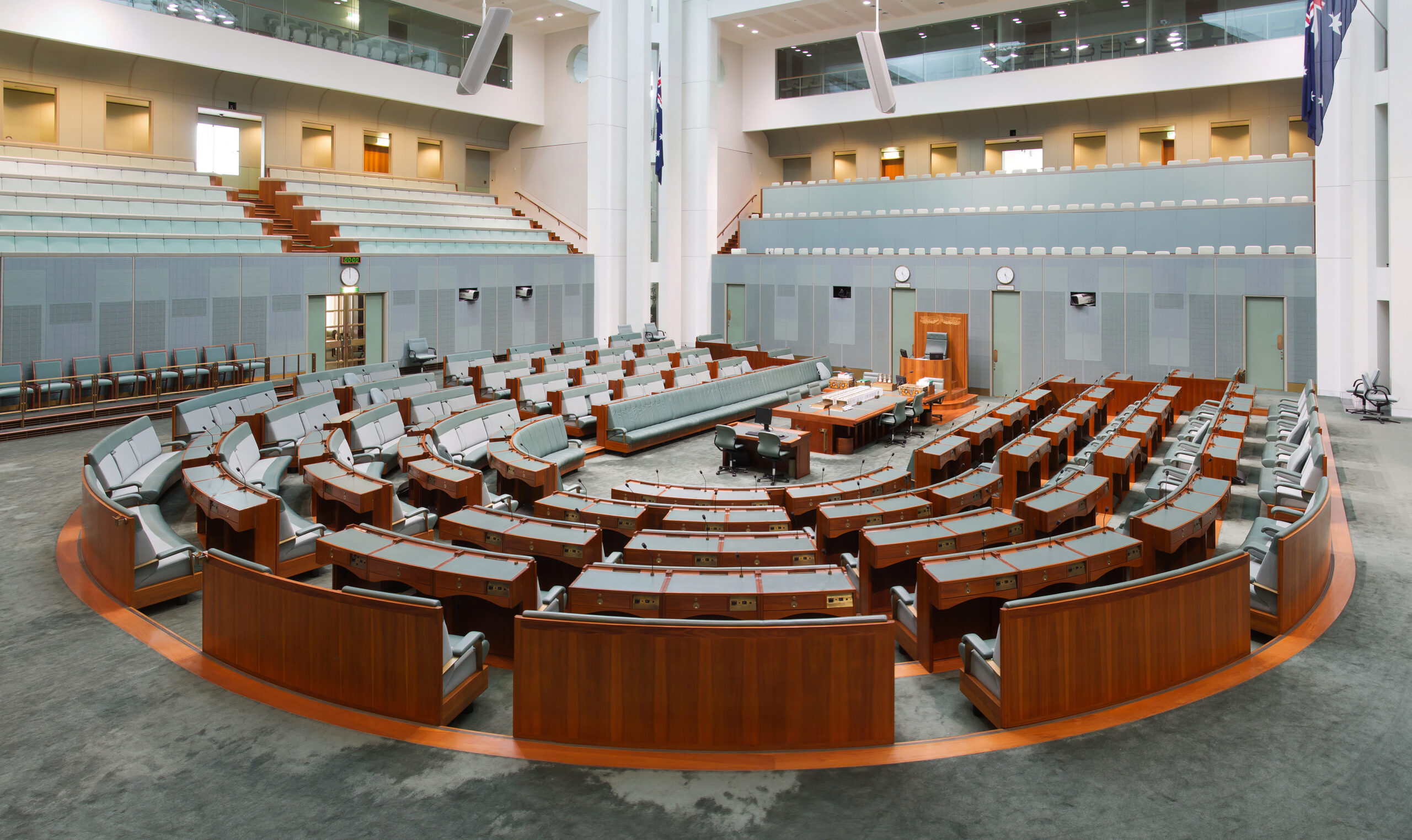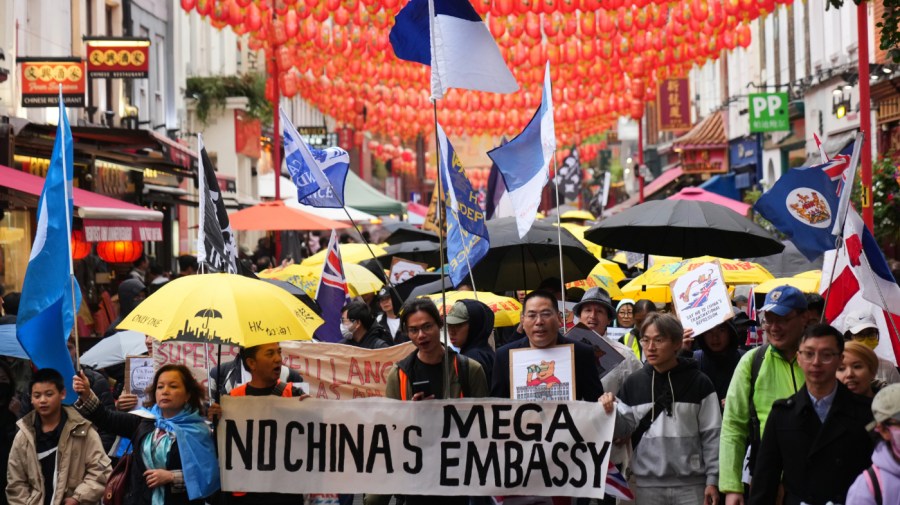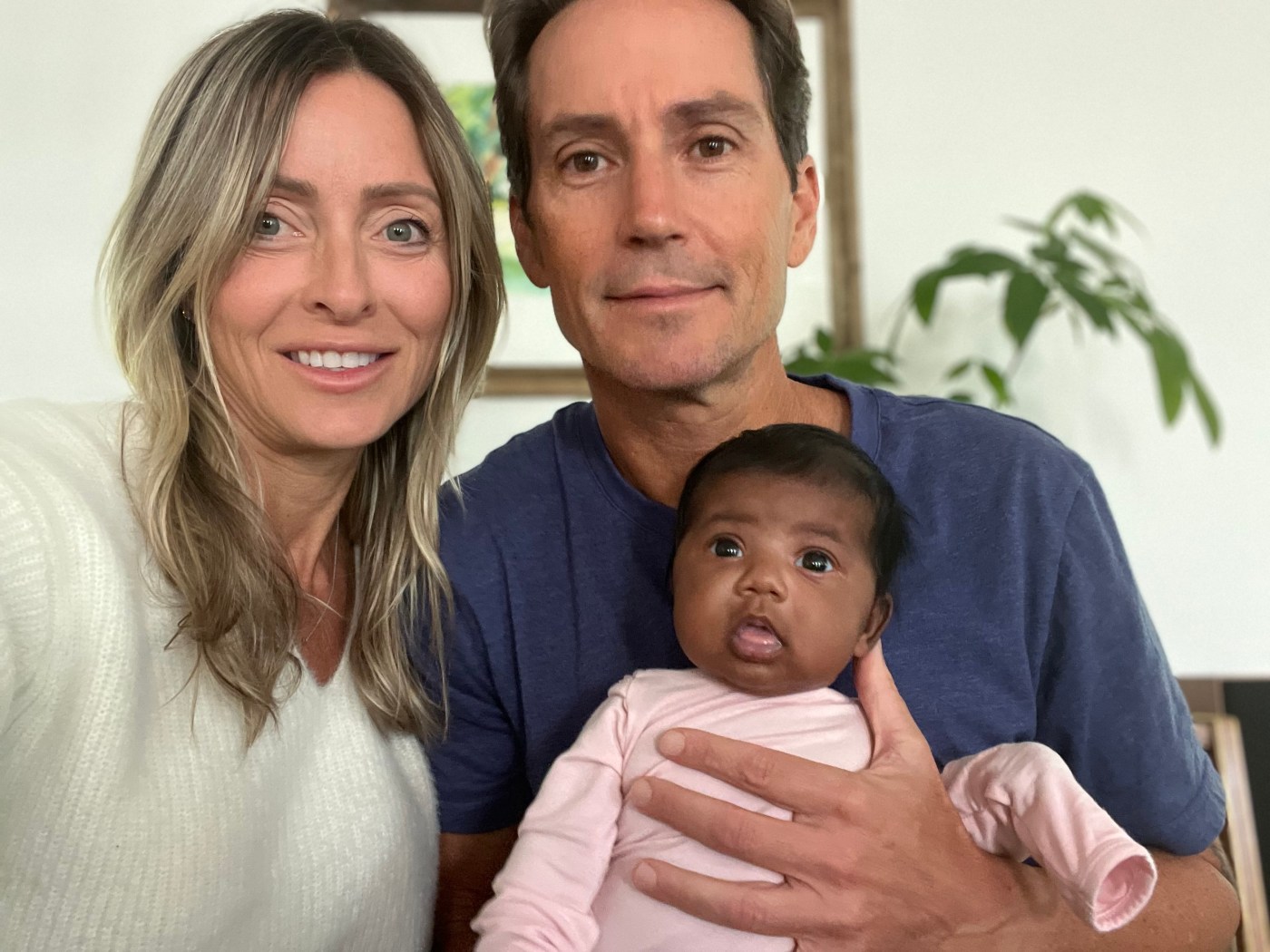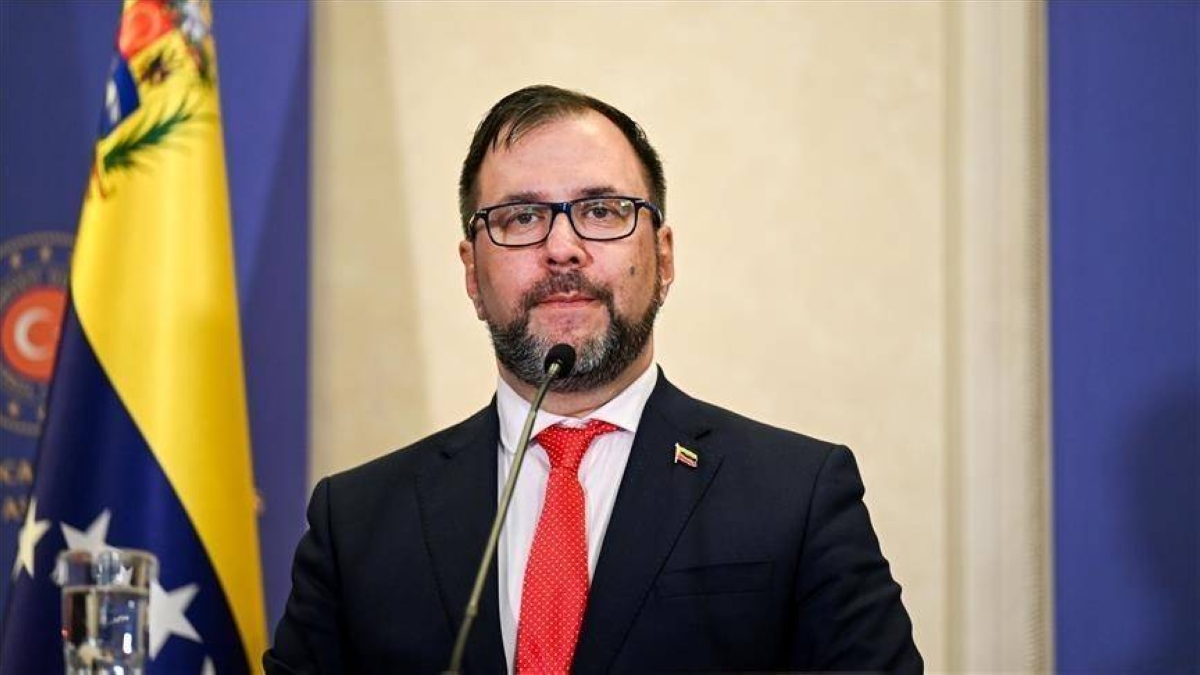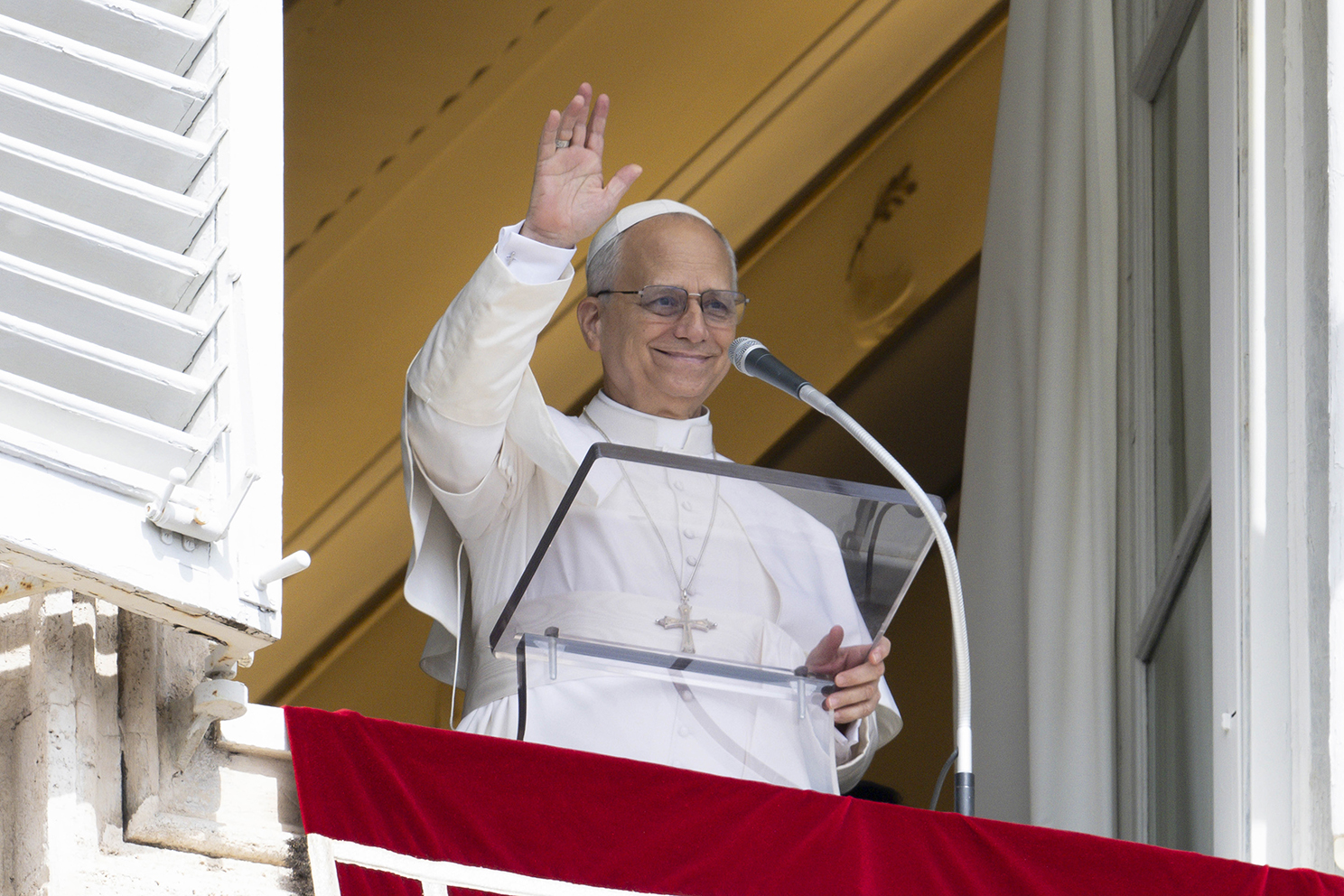The United Nations High Commissioner for Human Rights, Michelle Bachelet, has commended Australia for its historic step towards recognizing the rights of its Indigenous Peoples through a new treaty. This agreement, still pending formal assent, aims to provide constitutional recognition for the Aboriginal and Torres Strait Islander Peoples, fulfilling a long-standing demand articulated by Indigenous leaders in the 2017 Uluru Statement from the Heart.
The treaty, passed by the state legislature in Victoria, establishes the Gellung Warl, a democratically elected and permanent assembly representing First Peoples. This body will feature a truth-telling mechanism and an accountability framework, both of which have been critical aspirations of Indigenous communities. The initiatives align closely with the Uluru Statement’s call for a Makarrata Commission, which is intended to oversee agreement-making processes between governments and Indigenous nations, alongside efforts to tell the truth about Australia’s colonial past.
The response from Indigenous groups has been largely positive, with many viewing the treaty as a commitment to future generations. Leaders have described it as a transformative opportunity to ensure their voices are heard in shaping laws, policies, and practices that directly affect their lives.
Despite these advancements, Australia has faced challenges in its efforts to recognize Indigenous Peoples politically. In 2020, a referendum aimed at enhancing the representation of both Aboriginal and Torres Strait Islander Peoples in government failed, with approximately 60 percent of Australians voting against the proposed constitutional changes. Opposition Leader Peter Dutton expressed that while there is a desire to address Indigenous disadvantage, many Australians disagree on the effectiveness of the proposed voice in Parliament.
While this treaty specifically applies to Victoria, Bachelet expressed hope that it could inspire similar initiatives across Australia and beyond. She stated, “The state of Victoria is leading an initiative with the potential to be truly transformative, ensuring the First Peoples have a direct voice in advising and shaping laws, policies and practices that affect their lives.”
Bachelet emphasized that the treaty not only aligns with Australia’s international human rights obligations but also promotes a society built on mutual respect and human rights for all. This development marks a significant moment in Australia’s ongoing journey toward reconciliation with its Indigenous Peoples, reflecting a broader commitment to inclusivity and recognition of historical injustices.
As discussions continue about the future of Indigenous rights in Australia, the international community will be watching closely to see how this treaty unfolds and whether it sets a precedent for further reforms in governance and representation for Indigenous Peoples worldwide.

